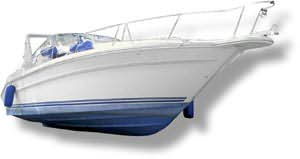
 |
Boating in and around Fort Myers Beach, Sanibel and Captiva IslandsLet's go boating!!! Tips for a safe trip. |
| |||||||||||||
US Coast Guard Auxiliary 91D7
239-690-6780
P.O. Box 702
Estero FL 33929
© 2018 U.S. COAST GUARD AUXILIARY
NOTICE/DISCLAIMER Links to non-Coast Guard entities are not under the control of the United States Coast Guard or the United States Coast Guard Auxiliary, and are provided for the convenience of our customers.
They do not, in any way, constitute an endorsement of the linked pages or any commercial or private issues or products presented there. We cannot make any warranty or representation concerning the content of these sites, or secondary sites from the pages to which they link. US Coast Guard Auxiliary Fort Myers Beach.